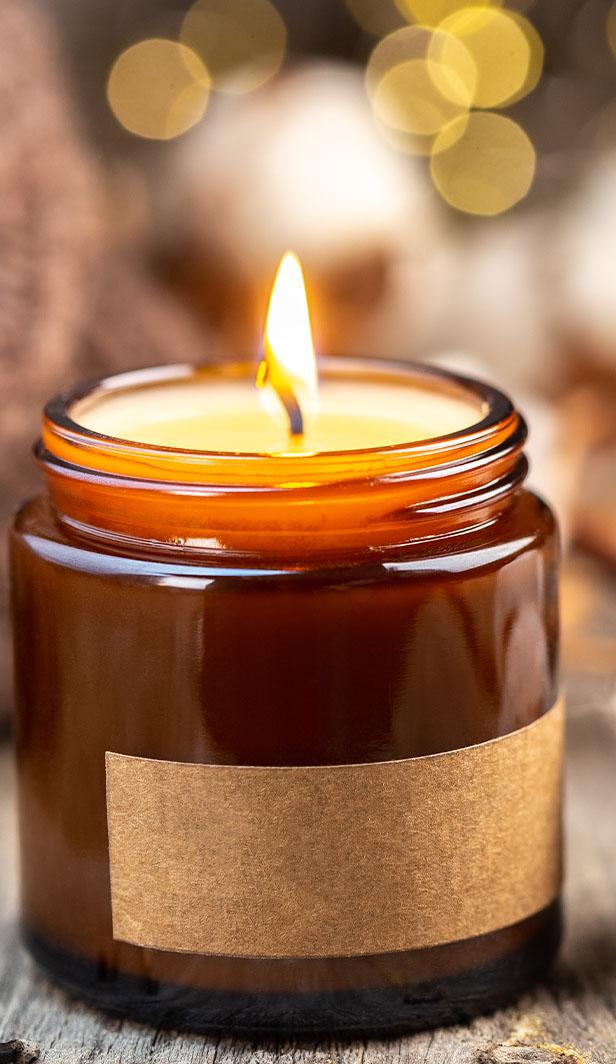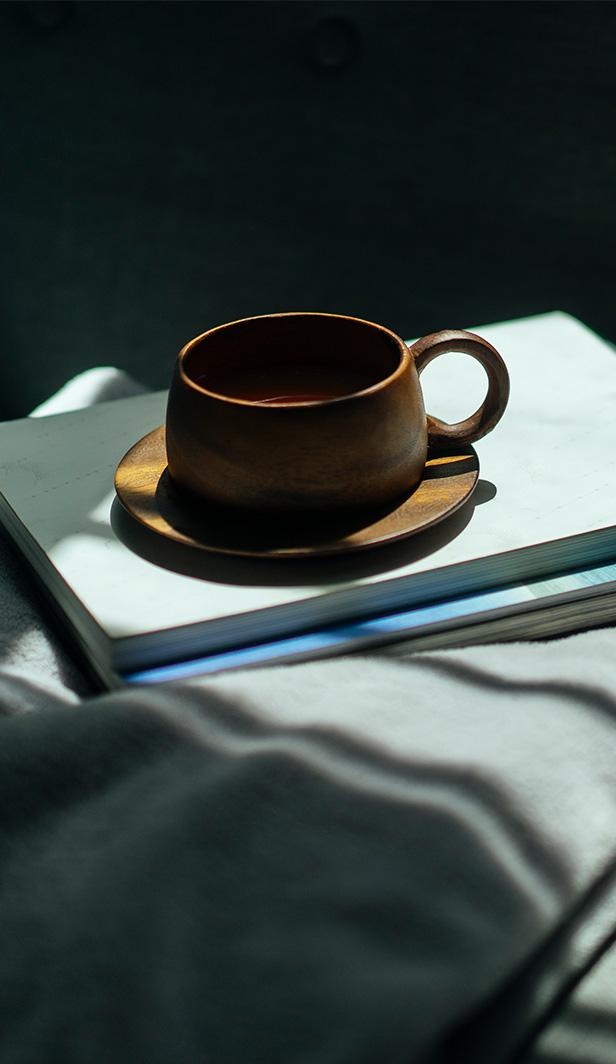After coffee is harvested
After harvesting, coffee cherries go through milling. This removes the outer fruit as well as the parchment-like skin around the bean. The end result is called green coffee, and quality-control at this stage is vital. Our experts work closely with our coffee suppliers in every country of origin. It’s the only way to make sure the coffee we use lives up to the world-famous NESCAFÉ name.

Before coffee is shipped
We work closely with all our coffee suppliers through our network of six specialist coffee quality-control centres around the world. We also help coffee suppliers adhere to the latest food safety measures. Finally, our NESCAFÉ professional tasters will thoroughly test the quality of our coffee before it is even shipped.
In our factories
The beans undergo one last quality test when they finally arrive at our factories, before the coffee is used to make your favourite NESCAFÉ. We also have professional tasting teams in every NESCAFÉ plant worldwide. Satisfying their expert taste-buds is just the last of many quality tests that help guarantee the delicious taste of every cup of NESCAFÉ.
This is how we’re able to have a lasting impact, working with our partners big and small to keep making your coffee better and tastier.

The language of coffee tasting
Expert coffee tasters need to understand the subtle differences between coffees. How has the way the coffee was grown, milled and roasted affected the final flavour? Did the type of soil the tree was planted in make a difference? Or maybe the way it was watered and fed? Even the type of bags the beans have been stored in could change that final flavour.
In fact, many experts in the coffee-tasting profession use a book called the Sensory Lexicon. It’s a bit like an insider’s guide to the strength of the different flavours in coffee. It lists more than 100 different flavours, and they’re organised into groups such as:
- Floral, spices, sweet, cocoa
- Fruity, green/vegetative
- Roasted, cereal, nutty
There can be many flavours in each group. For example, the ‘sweet’ group of flavours includes molasses, maple syrup, brown sugar, caramelised, honey and vanilla.
Awakening the senses to quality
It takes many years of experience to become a respected coffee taster. To qualify as a professional taster, you’ll need to be an expert in ‘cupping’ – the technique for identifying the complex tastes and aromas in coffee. You’ll learn about:
- Le Nez du Café Aroma
Appreciating the 36 basic scents of coffee - Sensory skills
Judging the strength of various tastes like sweet, sour and bitter.

Peer calibration
Blind-tasting coffee so you can match the judgment of experienced tasters
Becoming a coffee taster
If you research coffee-tasting courses, you’ll probably find a local organisation that can help guide you towards a professional qualification. You’ll need lots of dedication to study for and pass the exams and practical tests that will develop your tasting skills and coffee know-how.
Coffee knowledge
Coffee tasters also need to understand the entire coffee journey. This knowledge helps them spot ways to improve a coffee’s quality before it arrives in your cup. You’ll need to know about:
- The foundations of coffee
The agriculture and science behind the coffee journey - Coffee processing
How coffee is stored, milled and roasted - Coffee quality
The way coffee is handled during its journey, and how it can affect the coffee’s final quality.






